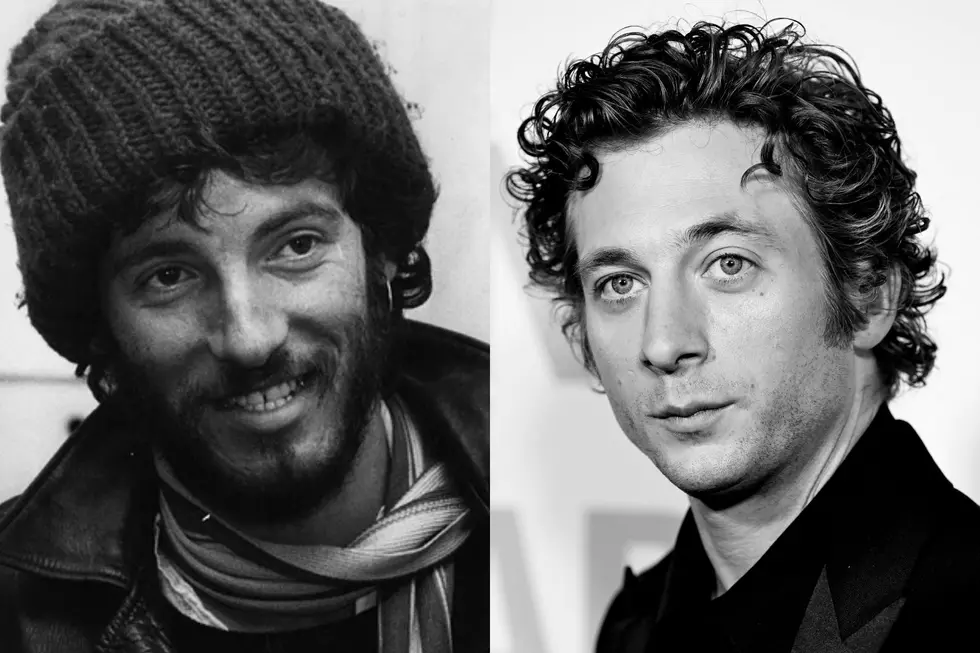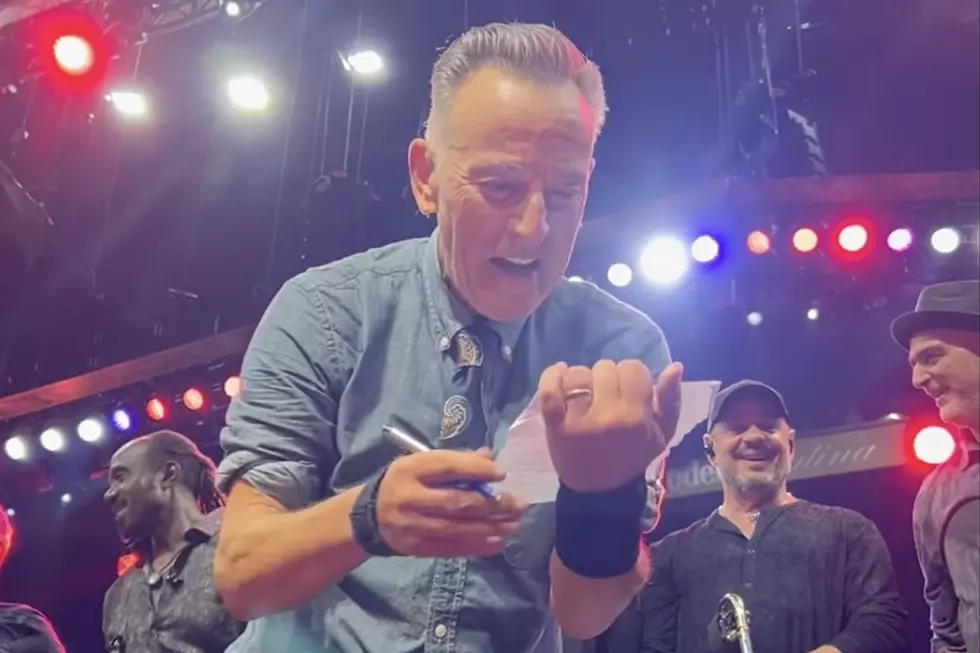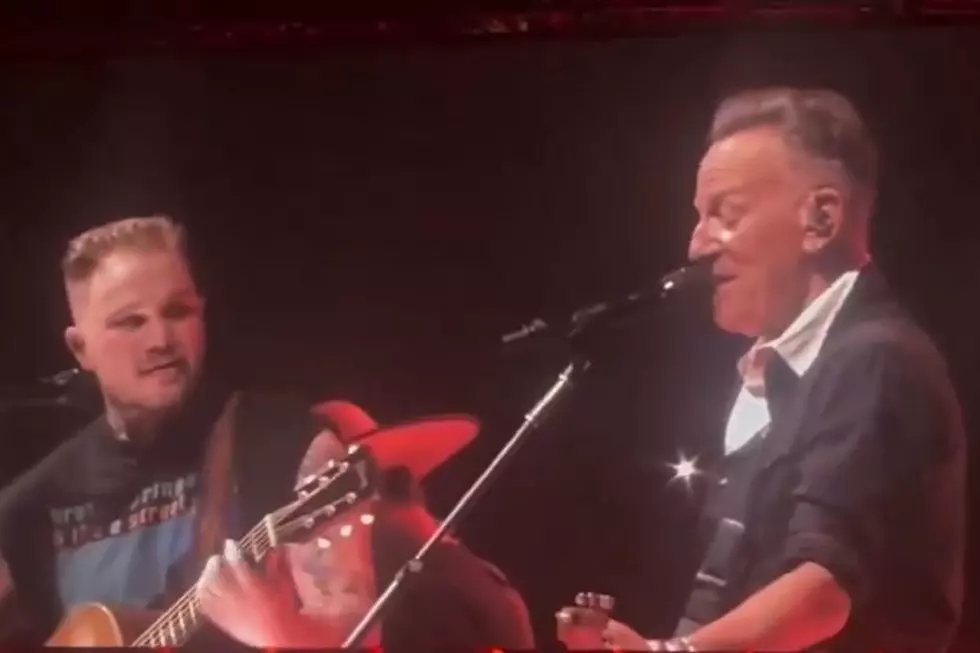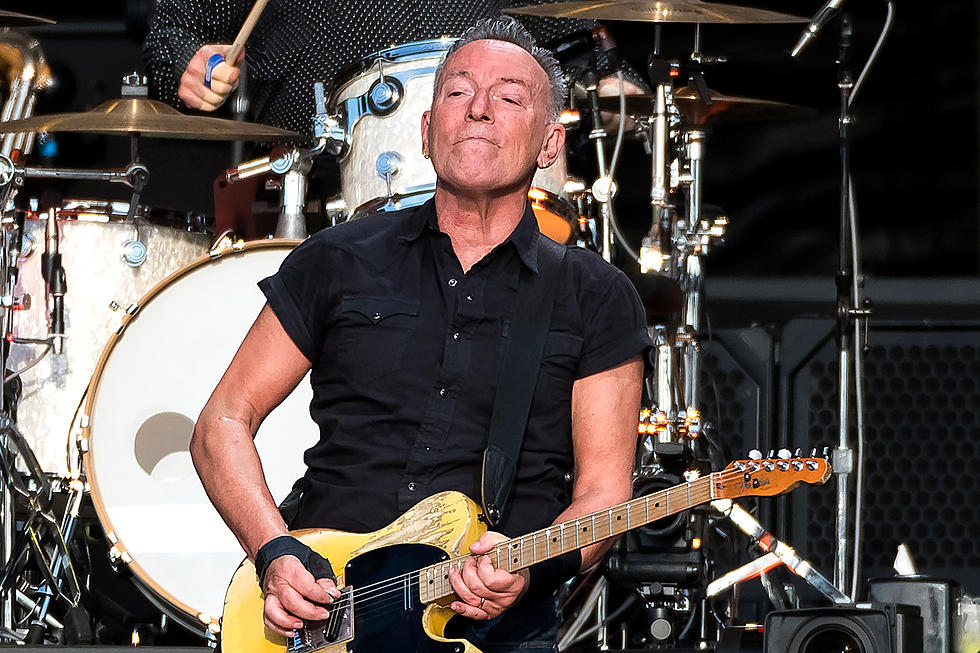
Bruce Springsteen, ‘Western Stars': Album Review
Bruce Springsteen doesn't reach for anything too big on his first album in five years. Western Stars, more than anything, is the 69-year-old singer and songwriter's look back at music that was popular with adult listeners right around the time he was launching his own career.
For 50 minutes, Western Stars recalls the sweet and breezy California sounds that Jimmy Webb, Glen Campbell and other late-'60s and early '70s songwriters and artists mined for adult-contemporary radio gold back in the day. Nothing pushes too hard here, and few songs appear to be future Springsteen classics, at least on the surface.
But it's a lush, gorgeous record that sounds unlike anything Springsteen has recorded in the past. Strings, horns and backup singers evoke an earlier period of music that brought some innocence to turbulent times back then. And in a way, Western Stars serves the same purpose. Its light, genial tone goes against the grain of everything happening in the U.S. right now. It's a calm, peaceful and most likely temporary respite from the harsh outside world.
Whether it's the ebullient horns pushing alongside "The Wayfarer" or the familiar structures "Hello Sunshine" is built upon, Western Stars is a deliberate attempt to channel the spirit and sound of Campbell's classic string of hits written by Webb like "By the Time I Get to Phoenix," "Wichita Lineman" and "Galveston." Springsteen's spare but emotional vocal style here uncovers shades he hasn't used in years or sometimes ever before.
The best songs – "Hitch Hikin'," "The Wayfarer," "Tucson Train," "There Goes My Miracle," "Hello Sunshine" – belong together. When the album coalesces, as it often does, it's Springsteen's most satisfying since 2002's The Rising. Unlike 2014's High Hopes, which was cobbled together from songs Springsteen had sitting around for years (and often sounded like it), Western Stars conjures a specific place and time – especially in its orchestrations. On their own, the album's songs are good, but together they gain more meaning and resonance.
Springsteen keeps the lyrical content light too, though some sense of fading fame and reflection on past glories creeps in from time to time: See "Western Stars" and "Drive Fast (The Stuntman)," where he steps into characters for narratives about guys whose lives didn't turn out exactly as they planned. But that melancholy is often tempered by the music, which rarely rushes things in and out of the frames housing the songs. These aren't fist-raising, singalong numbers; this is music to watch the sunset by.
But it doesn't all work. "Sleepy Joe's Cafe" recalls any number of party-setting throwback songs Springsteen has put on albums throughout his career; the spare and brief "Somewhere North of Nashville" sounds unfinished; and "Drive Fast (The Stuntman)"'s gritty theme is out of step with the rest of the record's middle-of-the-road pace.
Like earlier solo ventures, Western Stars includes minimal input from E Street Band members, and the laid-back arrangements on most of the songs leave little room for a full group to let loose. The structured, and almost rigid, approach eases the record into another category altogether from records like Nebraska and Devils & Dust, not to mention Darkness on the Edge of Town and even Magic.
But this isn't quite the nostalgia trip it appears to be. There's a sensitivity to the music and period that goes deeper than that. After a decade of albums that aimed for bigger targets and wrapped their intentions in songs that sometimes didn't fit their messages, and vice versa, Western Stars finds a place where there's peaceful correlation. It couldn't be further from Springsteen's New Jersey roots. And he couldn't sound more at home.
The Best Song From Every Previous Bruce Springsteen Album
More From Ultimate Classic Rock









